Using Solr for searching docs in English and Korean languages, so far Korean language search is working fine. Need to extend English exact phrase to match with partial words too.
Solr query I used:
content: "He go"
is not matching with He goes, He gone, He goal, etc.
I tried with like these but not worked
content: "He go"*
content: "He go*"
Current field schema
<fieldType name="text_general" class="solr.TextField" positionIncrementGap="100">
<analyzer type="index">
<tokenizer class="solr.StandardTokenizerFactory"/>
<filter class="solr.StopFilterFactory" ignoreCase="true" words="stopwords.txt"/>
<filter class="solr.LowerCaseFilterFactory"/>
</analyzer>
<analyzer type="query">
<tokenizer class="solr.StandardTokenizerFactory"/>
<filter class="solr.StopFilterFactory" ignoreCase="true" words="stopwords.txt"/>
<filter class="solr.SynonymFilterFactory" synonyms="synonyms.txt" ignoreCase="true" expand="true"/>
<filter class="solr.LowerCaseFilterFactory"/>
<filter class="solr.CJKBigramFilterFactory" han="false" hiragana="false" katakana="false" hangul="true" outputUnigrams="true" />
</analyzer>
</fieldType>
So my input and expected output is given below:
Input: He go ( with quote)
Output: He goes, He gone, He goals ( should match with docs having those words, can be a partial match )
How can I achieve this functionality, any suggestion is highly appreciated.

